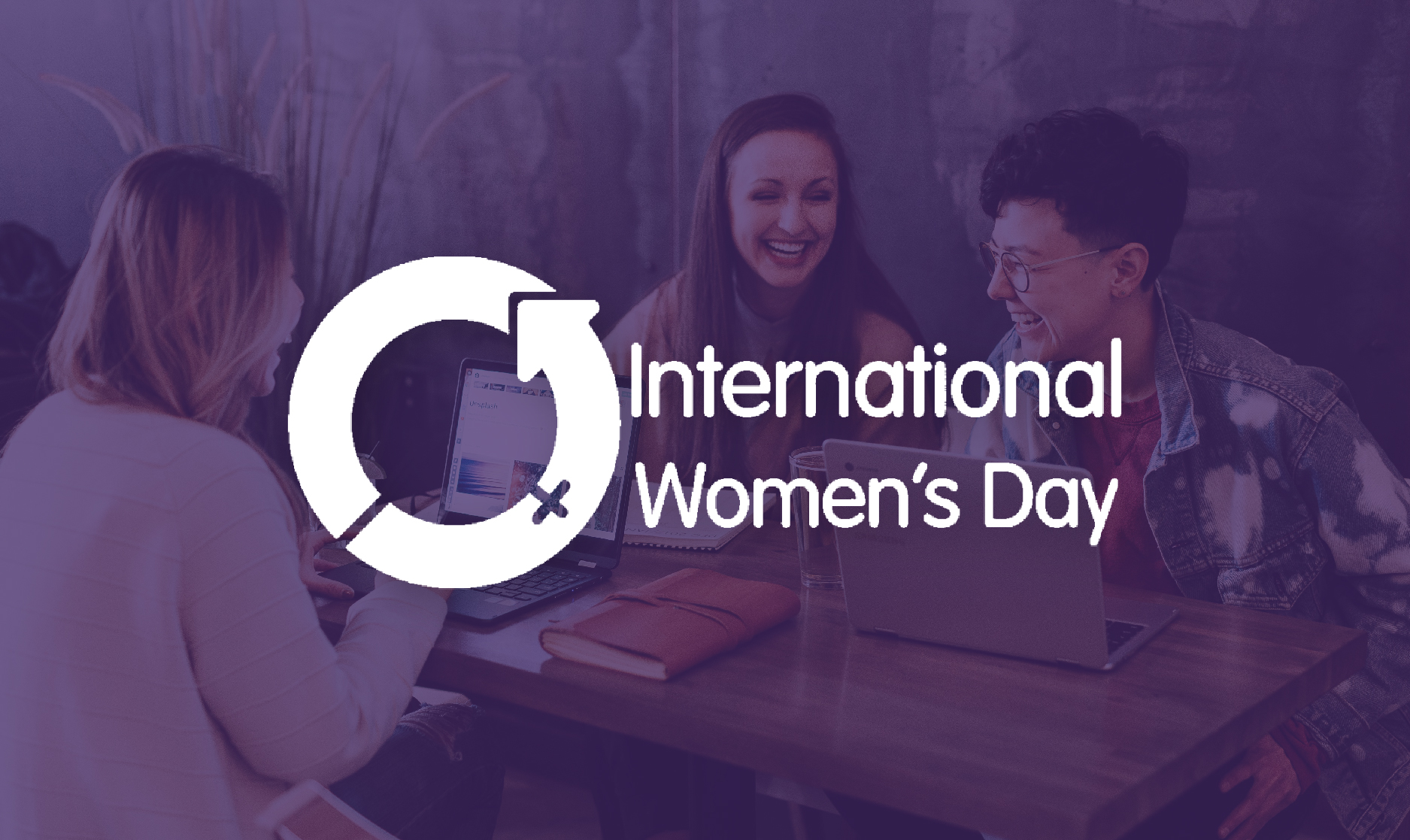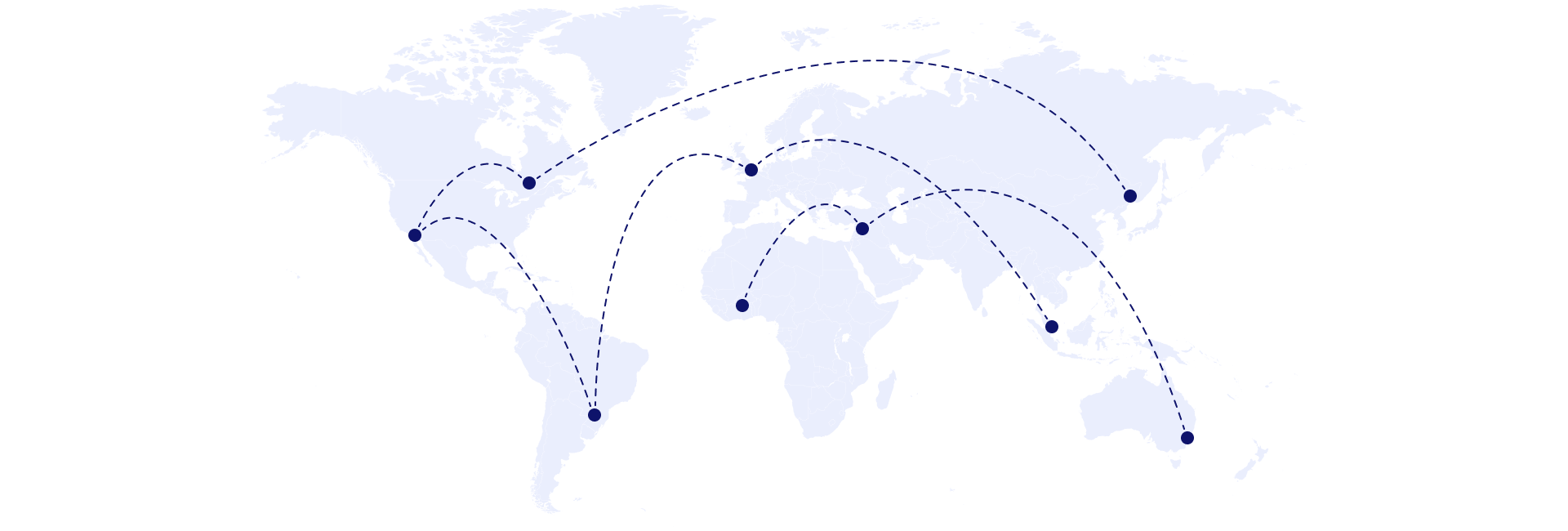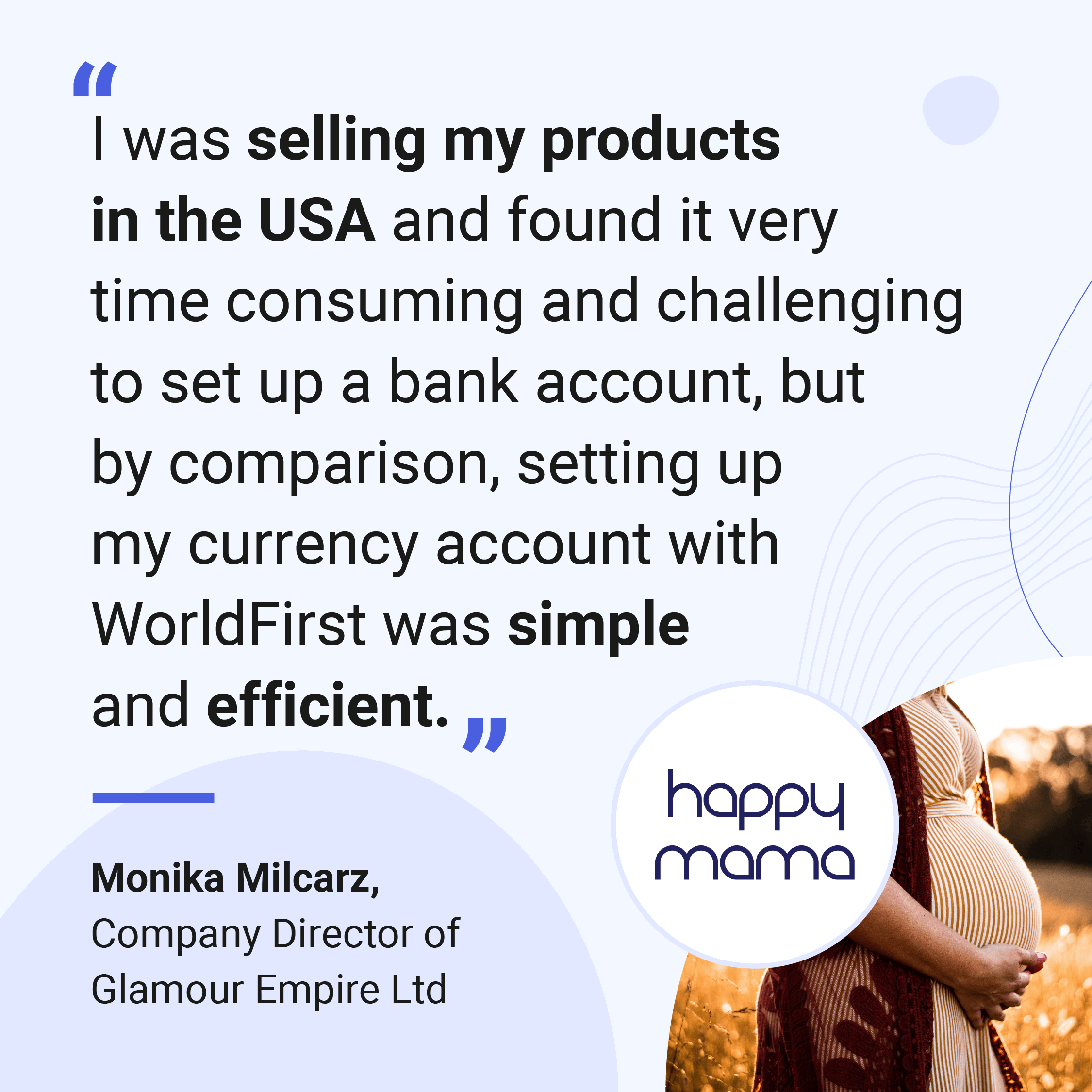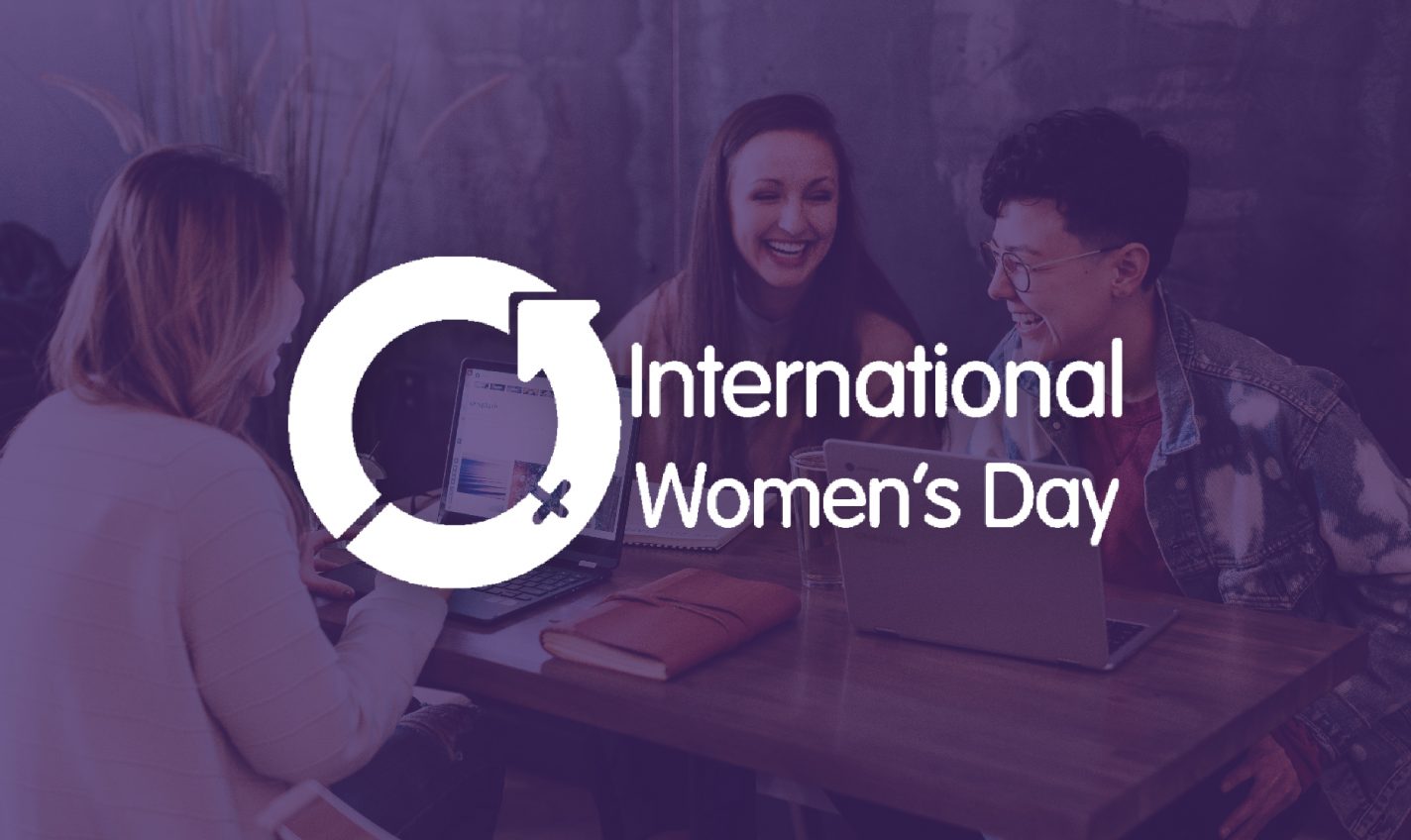
International Women's Day (IWD) falls on 8th March each year. It's a day to revere women's achievements and answer a worldwide call to action to raise awareness of gender equality issues.
International Women's Day gifts have become a popular way to mark the occasion in recent years. Many consumers flock to marketplaces like Amazon and Etsy to pick up specially designed gifts for International Women's Day.
So, here are our e-commerce seller tips for sourcing International Women's Day gifts and guidance on promoting the occasion in your marketing campaigns.
How to mark IWD as an online seller
If you want to start celebrating the women in your life and their achievements, why not emulate major retail brands by setting up dedicated IWD listings in your e-commerce store.
You can promote your product range by offering to donate some of your sales proceeds to women's charities, such as Women's Aid, Refuge and Wellbeing for Women. You can also ensure you source products from female-led brands.
Here are some ideas for gifts for International Women's Day:
Clothing
If you operate a print-on-demand dropshipping service, create some International Women's Day-inspired t-shirts or tote bags. You can use free graphics and logo sites, such as Canva, to have a go at designing your own IWD artwork. Don’t forget to create themed banners for your product pages and homepage, too.
If design isn't your thing, hire a female graphic designer to create some original artwork for you. You can find talented and affordable artists for hire on sites like Upwork or Freelancer. These sites will showcase artists' portfolios and you can agree to fixed prices and delivery dates for your designs.
Books
If you sell homewares and entertainment products in your e-commerce store, coffee table books can be a great addition to your listings.
There are many titles available that focus on gender equality and the achievements of women throughout history. Check out the collections on book wholesale merchant sites like Books4People or Wob. You can stock a range of new titles or create bundle offers on second-hand, women-themed books.
Printed IWD accessories
Google data reveals that "colleagues" and "employees" are among the top "International Women's Day gifts for..." searches, so themed office accessories are often well sought after – as well as easy to print with your designs. Think keyrings, notepads, mouse mats, desk calendars, coffee cups, flasks and more.
There's a tonne of scope to use your imagination when it comes to picking out the right International Women's Day gifts for your e-commerce website. Wherever there's an e-commerce customer, there's likely a buyer who would appreciate some International Women's Day gifts – so get creative!
Open a World Account for free
- Open up to 15 local currency accounts, with local sort codes, account numbers and IBANs
- Collect secure payments from 130+ marketplaces, overseas buyers and payment processing gateways
- Pay suppliers, partners and staff in 40 currencies without hidden fees
- Pay and get paid easily with local bank details on your invoices
- Lock in conversion rates to manage your currency risk
The history of International Women’s Day
International Women's Day was founded in 1911 by Germany's leader of the Social Democrat Party, Clara Zetkin. On 19th March 1911 over one million women from Germany, Denmark and Switzerland protested for women's right to vote, work, hold public office and gain a better education.
The women's rights movement across Europe was inspired by the UK's National Union of Women's Suffrage movement, which Millicent Fawcett founded in 1897. A few years later, in 1903, Emmeline Pankhurst founded the Women's Social and Political Union, encouraging more UK women to campaign for the right to vote.
In the late 19th Century, living and working conditions for people in newly industrialised cities were very oppressive. Women at this time found themselves on the bottom rung of the economic and social ladder. Not only did many women have to work alongside men and raise families, but they also got lower pay and no representation in political decision-making.
Being ignored by the entire political class and carrying much of the burden of industrialisation sparked fury amongst working- and middle-class women alike. Over the next decade, thousands of women and men took to the streets to demand that women be given the right to vote. Female freedom fighters were given the moniker “suffragettes”, and many were arrested and injured during the UK-wide protests. One suffragette, Emily Wilding Davison, sadly died demonstrating at a horse race in 1913.
During the First World War, women took on many male-dominated roles to help with the war effort. Women became mechanics, drivers, farmers, etc, while most fighting-age men were sent to the battle trenches in mainland Europe. By the end of the Great War, politicians could no longer argue that females played a secondary role in society. So, in 1918, British women over the age of 30 and homeowners were finally given the right to vote.
It took another decade for women's voting age to be lowered to 21. The rest of the 20th Century then continued to be a long, hard struggle for women to win more rights and representation.
At the beginning of the 21st Century, we can look back on the suffrage movement and feel a great sense of pride at what these brave women achieved. However, we must continue to build on the sacrifices the suffragettes made in order to give us freedom. It is our duty to continue to campaign for gender equality and rights for all women worldwide.

Businesses like yours trust WorldFirst
- Almost 1,000,000 businesses have sent $150B around the world with WorldFirst and its partner brands since 2004
- Your money is safeguarded with leading financial institutions

What our customers say about our services






